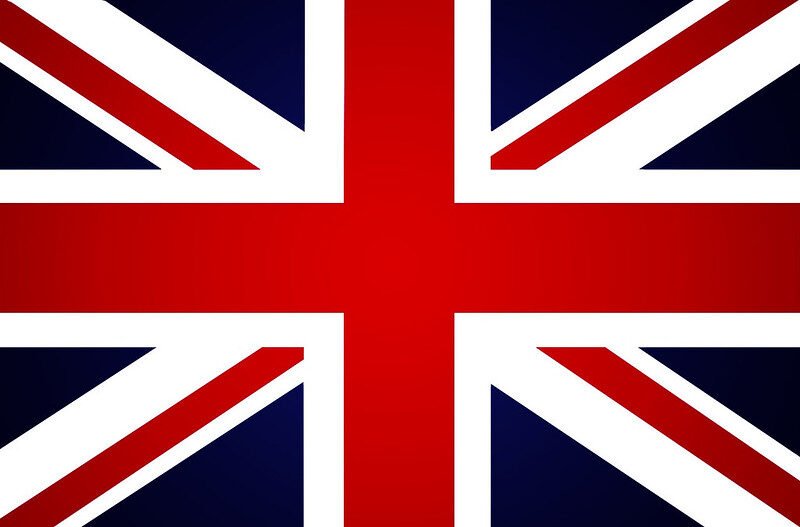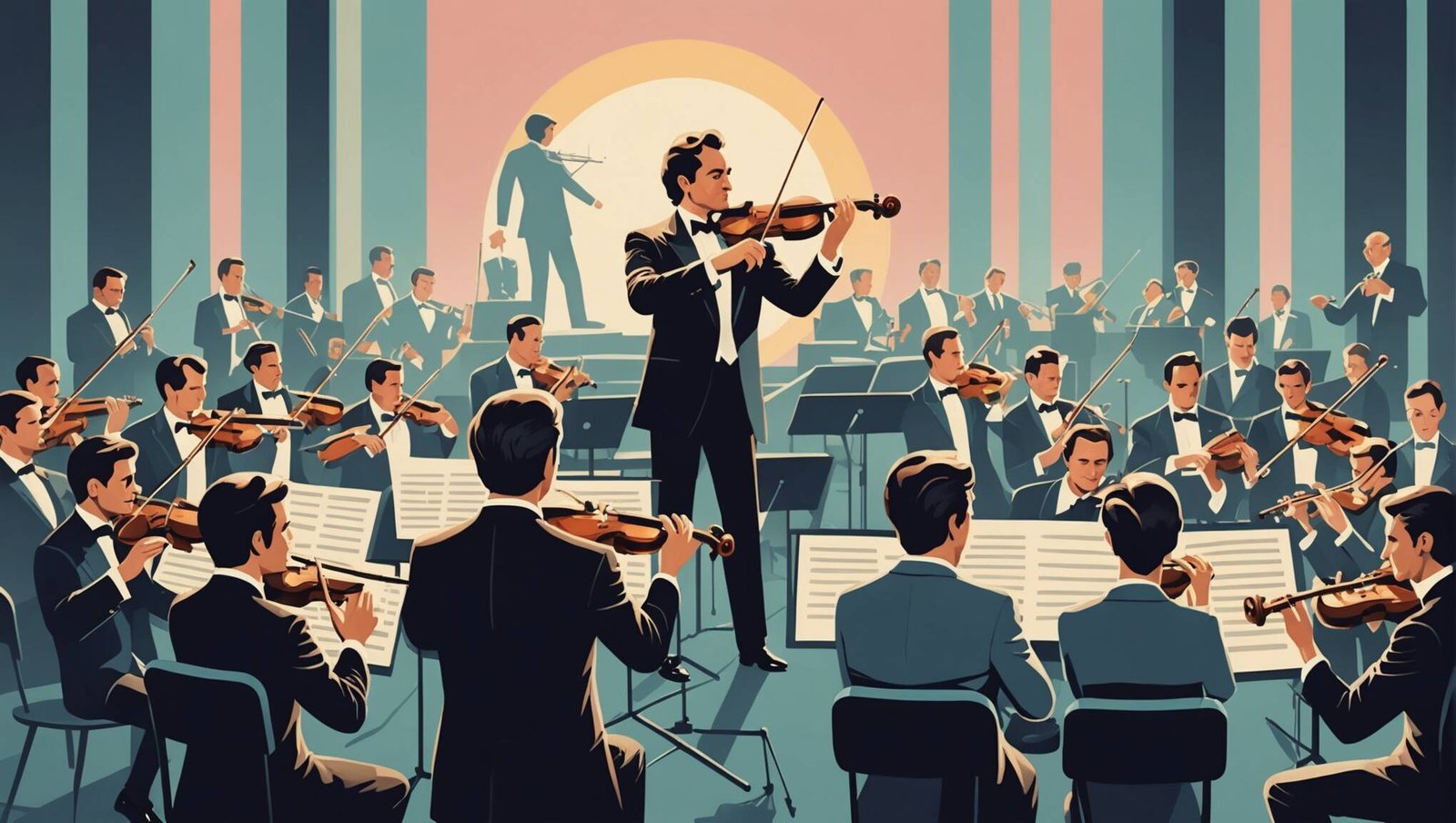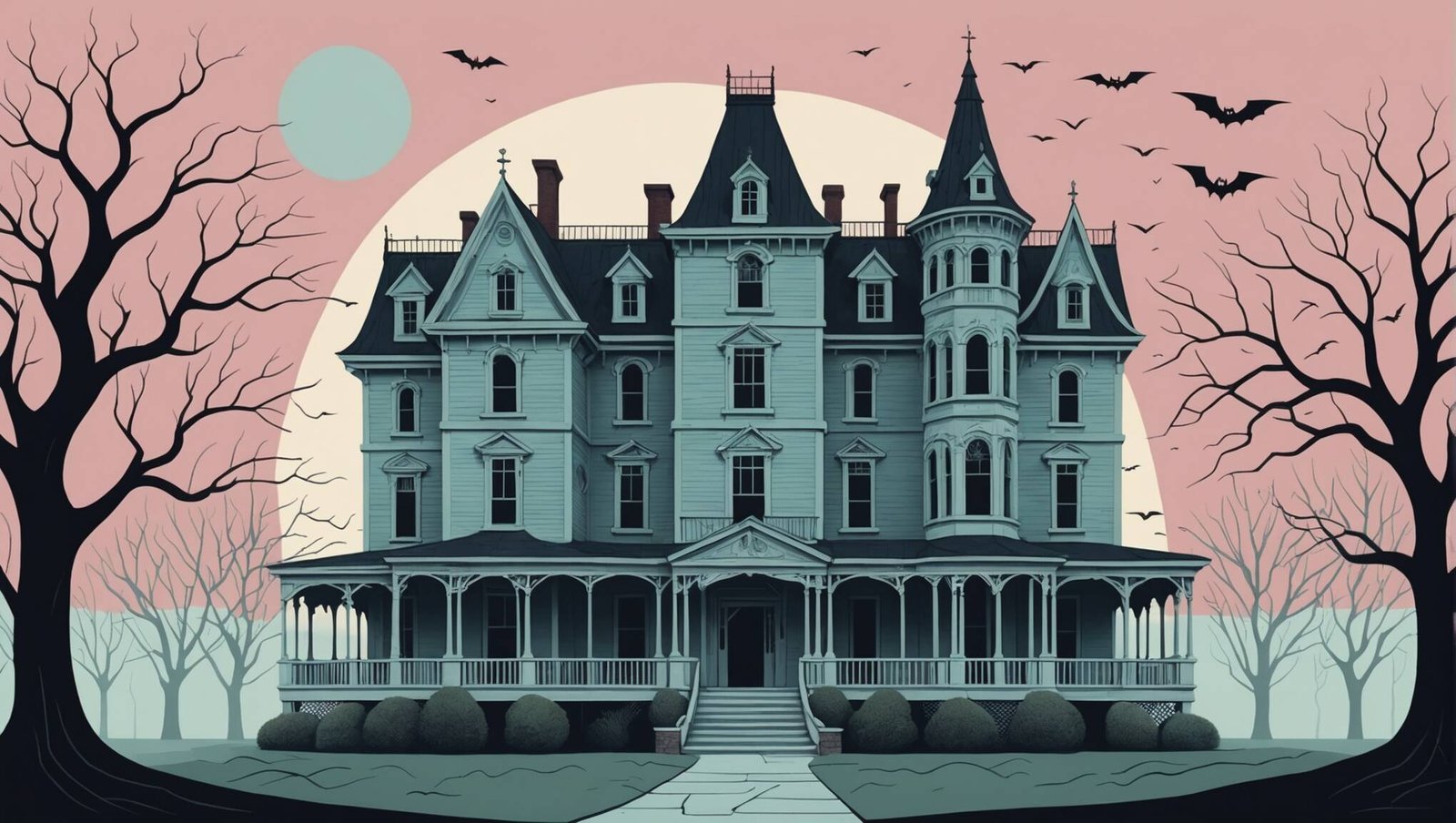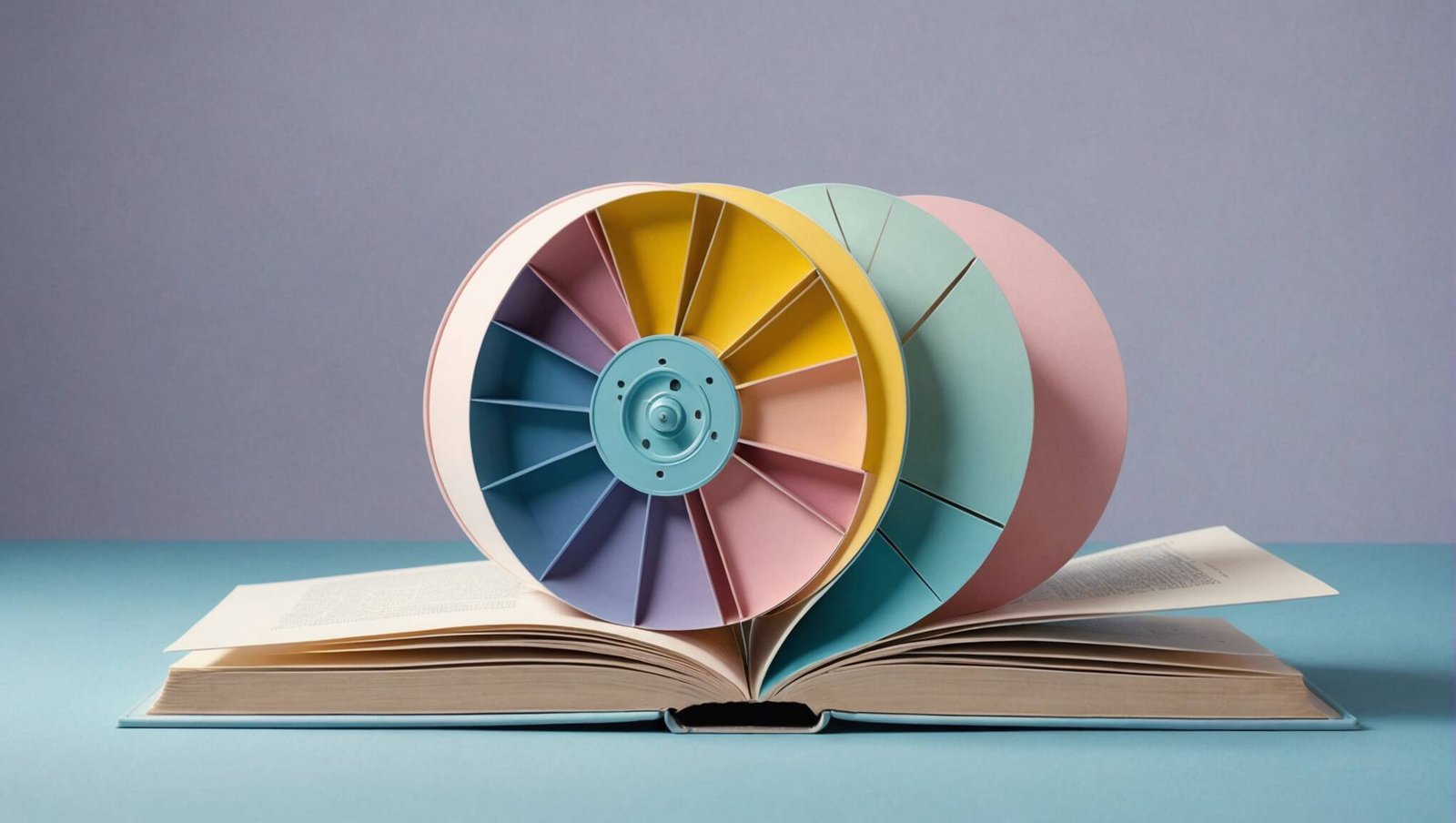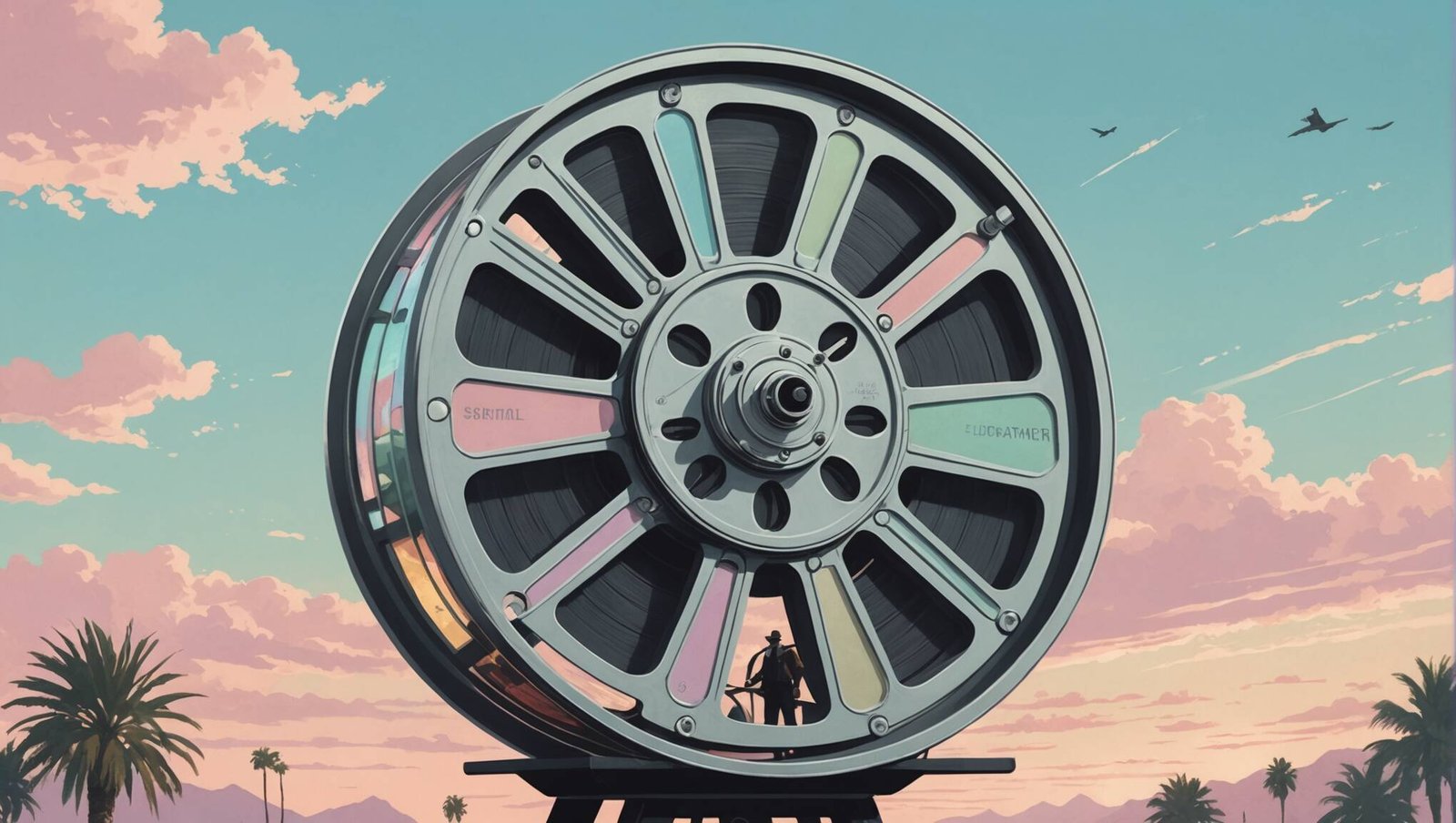Symphony of Cinema: Best Original Score Oscar Winners
The Academy Award for Best Original Score is a testament to the power of music in film. This prestigious accolade recognises the composers who breathe life into cinematic stories through their melodic creations. From sweeping orchestral pieces to intimate piano solos, these scores enhance storytelling, evoke emotions, and leave an indelible mark on our cinematic experiences.
The Evolution of Film Scoring
Film scoring has come a long way since the silent era when live musicians accompanied screenings. Today, it’s an intricate art form that blends seamlessly with visuals to create a cohesive cinematic experience. The Oscars’ recognition of cinematography parallels the importance placed on original scores, both elements crucial in crafting unforgettable films.
Hollywood’s greatest composers have pushed the boundaries of what’s possible with film music. They’ve introduced new instruments, experimented with unconventional sounds, and even incorporated silence as a powerful tool. This evolution has given us scores that are as diverse as the films they accompany.
Iconic Oscar-Winning Scores
Several original scores have not only won Oscars but have also become cultural touchstones. John Williams’ soaring theme for ”Star Wars” (1977) is instantly recognisable, even to those who haven’t seen the film. Ennio Morricone’s haunting melodies for ”The Hateful Eight” (2015) demonstrate how a score can elevate tension and atmosphere.
Hans Zimmer’s work on ”The Lion King” (1994) showcases how music can capture the spirit of a story, while Hildur Guðnadóttir’s unsettling score for ”Joker” (2019) proves that sometimes less is more, using minimalist compositions to great effect.
The Impact of a Great Score
A brilliant original score can transform a good film into a great one. It guides the audience’s emotions, underscores key moments, and often becomes inextricably linked with the visual memories of the film. Just as Oscar-winning costume designs bring characters to life visually, a well-crafted score brings them to life aurally.
Consider how Bernard Herrmann’s screeching violins in ”Psycho” (1960) forever changed the sound of horror, or how Vangelis’ synthesizer-driven score for ”Chariots of Fire” (1981) became synonymous with slow-motion running scenes. These compositions transcend their films, becoming part of our collective cultural consciousness.
The Composers Behind the Magic
The individuals who craft these musical masterpieces are often as fascinating as their creations. John Williams, with his record-breaking 52 Oscar nominations, has defined the sound of modern cinema. His collaborations with Steven Spielberg have given us unforgettable themes from ”Jaws,” ”E.T.,” and ”Schindler’s List.”
Ennio Morricone, often called ”The Maestro,” revolutionised the Western genre with his innovative use of whistles, whips, and gunshots as musical elements. His work on ”The Good, the Bad and the Ugly” is a masterclass in tension-building through music.
More recently, composers like Hildur Guðnadóttir and Ludwig Göransson have brought fresh perspectives to film scoring, incorporating electronic elements and unconventional instruments to create unique soundscapes.
The Process of Creating an Oscar-Worthy Score
Composing a film score is a collaborative process that begins long before the first note is written. Composers often work closely with directors to understand the film’s vision and emotional landscape. They may spend months experimenting with themes, instruments, and arrangements to find the perfect sound.
The best scores are those that enhance the storytelling without overpowering it. They must be able to stand alone as musical pieces while also serving the narrative. This delicate balance is what separates good scores from great ones, and it’s what the Academy recognises with its award for Best Original Score.
The Future of Film Scoring
As cinema evolves, so too does the art of film scoring. The rise of streaming platforms and the increasing diversity of storytelling are opening up new opportunities for composers to experiment and innovate. We’re seeing more diverse voices in film music, bringing fresh perspectives and cultural influences to Hollywood soundtracks.
Technology is also playing a significant role in shaping the future of film scoring. AI-assisted composition tools are becoming more sophisticated, raising questions about the role of human creativity in music creation. However, many argue that the emotional intelligence and nuanced understanding that human composers bring to their work cannot be replicated by machines.
The Enduring Legacy of Oscar-Winning Scores
The Academy Award for Best Original Score not only recognises excellence in film music but also helps preserve these compositions for future generations. Many Oscar-winning scores have found life beyond the silver screen, performed in concert halls and adapted for various musical ensembles.
These scores have become part of our cultural soundtrack, often outliving the films they were created for. They remind us of the power of music to evoke emotions, tell stories, and transport us to other worlds. As we look forward to future cinematic masterpieces, we can be sure that the art of film scoring will continue to evolve, surprise, and inspire us.
Conclusion
The Academy Award for Best Original Score celebrates the unsung heroes of cinema – the composers who create the emotional heartbeat of our favourite films. From the golden age of Hollywood to the digital era, these musical maestros have consistently pushed the boundaries of their craft, gifting us with melodies that linger long after the credits roll.
As we continue to explore new frontiers in filmmaking, the importance of a powerful, original score remains constant. It’s a reminder that in the world of cinema, what we hear is just as crucial as what we see. The next time you watch a film, take a moment to listen – really listen – to the score. You might just discover a whole new dimension to your favourite movies.
FAQ
Who has won the most Academy Awards for Best Original Score?
John Williams holds the record for the most wins in this category, with five Academy Awards for Best Original Score. His winning scores include ”Jaws,” ”Star Wars,” ”E.T. the Extra-Terrestrial,” ”Schindler’s List,” and ”Fiddler on the Roof.”
Can a film score win an Oscar if it includes pre-existing music?
To be eligible for the Academy Award for Best Original Score, the majority of the score must be original music written specifically for the film. While some pre-existing music can be used, it cannot make up a significant portion of the score.
How has the category of Best Original Score changed over the years?
The category has undergone several changes since its inception. Initially, there were separate awards for scoring in musical pictures and dramatic or comedy pictures. In 1999, the category was officially renamed ”Best Original Score,” combining all genres into one award.
